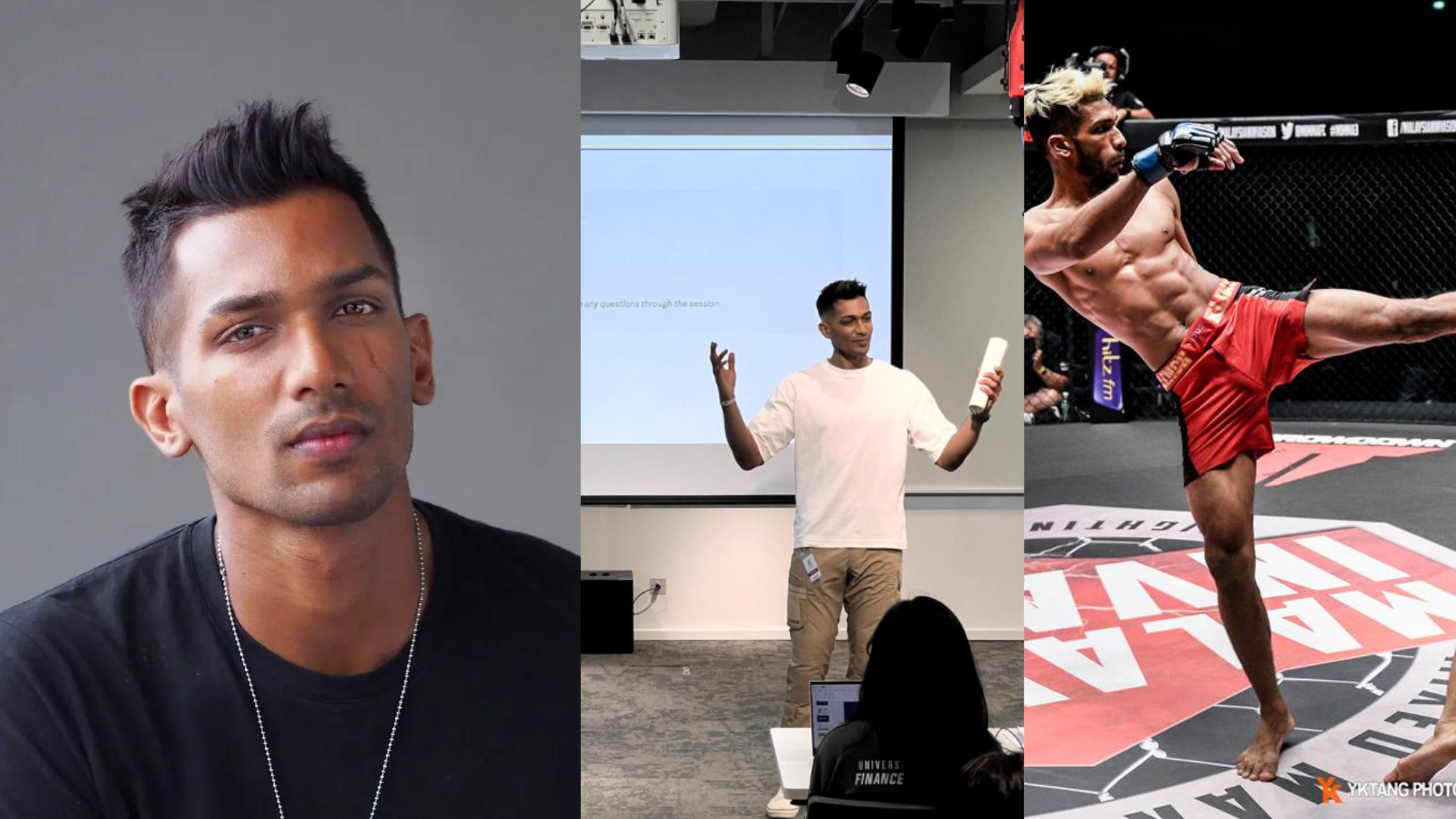Overwhelming self-doubt, career plateaus, tunnel vision. These are just some of many mental roadblocks that we will come across in our career journeys. In fact, overcoming these roadblocks was no different in the careers of highly successful trailblazers such as Oprah Winfrey, Richard Branson and Andre Agassi. If you are wondering what these three icons share in common, it is the fact that they all have credited coaching as the driving force behind their massive success in their respective fields.
Spending on one’s professional development is not an uncommon trend these days. Many individuals are now keen to spend wisely on books and/or seminars that can give them an extra edge in their professional life. Executive coaching, however, offers something a little extra than books or seminars. It is highly unlikely that Oprah, Branson and Agassi would have hit the heights of their career if they stuck solely to books and seminars.
This is not to say that books or seminars are incapable of inspiring professional development. Coaching simply offers direct human interaction on a consistent enough basis to facilitate permanent changes. Humans are innately social creatures and coaching directly appeals to this aspect of our human nature. Through regular 1-on-1 interactions, a coach is able to uncover the thought process that can make or break an individual on their path to professional success. Recent research from the Journal of Occupational and Environmental Medicine indicated that coaching is able to produce favourable changes in an individuals reactions to life circumstances, motivation, well-being, and work performance compared to those who do not receive coaching even within a short-term capacity.
The common struggles we see in our career pathways nowadays affects even the best of us. Not even Oprah was spared from imposter syndrome! She has credited her coach for helping her silence the negative thought patterns that shunned her capabilities, which is a common theme amongst many professionals in their sphere of expertise currently. Imposter syndrome is unfortunately part of a rising trend in young professionals. Research technology firm InnovateMr found that 65% of professionals today suffer from imposter syndrome. Based on Oprah’s experience with coaching, one of the best benefits of having an experienced coach is that they inspire an infectious belief in your abilities in crucial moments of your career. In periods of career slumps, having an executive coach who can provide the right feedback can help you get back on track.
Imposter syndrome is just one of the many malaise of modern working culture. For many, they are simply derailed from greater professional development as they lack a social circle that can share in their vision. Motivational speaker Jim Rohn is oft-quoted for the phrase, “You are the average of the five people you spend the most time with.” Not everyone is blessed with encouraging team-mates, supportive family members who are able to energise one towards their professional goals. This is also another area where having an executive coach can be most useful. A skilled coach is able to apply their understanding of attitude formation to help create the conditions for an individual to pick up the confidence and traits required to take their career to the next step.
In addition to this, having an executive coach also allows us to be routinely exposed to the flaws in our thinking/behaviours that we consciously or subconsciously adopt in the workplace. Having an executive coach in one’s corner allows one to not succumb to instances of groupthink when socialising in organisations for example, giving one the opportunity to truly stand out in the organisation. This is affirmed by Hugh Jackman, another actor who experienced career success through coaching. He claimed that “the best have coaches because the coach can see what you can’t see because you’re in the forest, they’re outside of it.”
Executive coaches are experts at what they do as they view their client’s career stumbling blocks such as groupthink and social factors from a psychological lens. But they are also great at inspiring action using highly effective psychological tools as well. This can be through visualisation, reframing thought patterns, creating challenging goal-oriented motivations and more. The most important benefit that comes from their psychological aptitude is that they are able to apply it in keeping their clients accountable for their actions and reactions in the workplace. A coach is able to view their client impartially, and challenge their approach to their career success (or lack of) on a consistent basis.
The effectiveness of the coaching, as exemplified by some of these icons is also a measure of how seriously they took their career development. Coaching is not about being spoon fed inspiration or hand-holding towards success, but to amplify the positive energy that can be transmitted between one or more inspired individuals. With the burdens of modern life, consistently having this positive energy can be difficult. At the right moments, the sense of optimism and positive regard given by a coach can prove to be transformative to the individual as a whole. The interest in the investment of having an executive coach to aid our professional growth will reflect in their client’s career success.






















